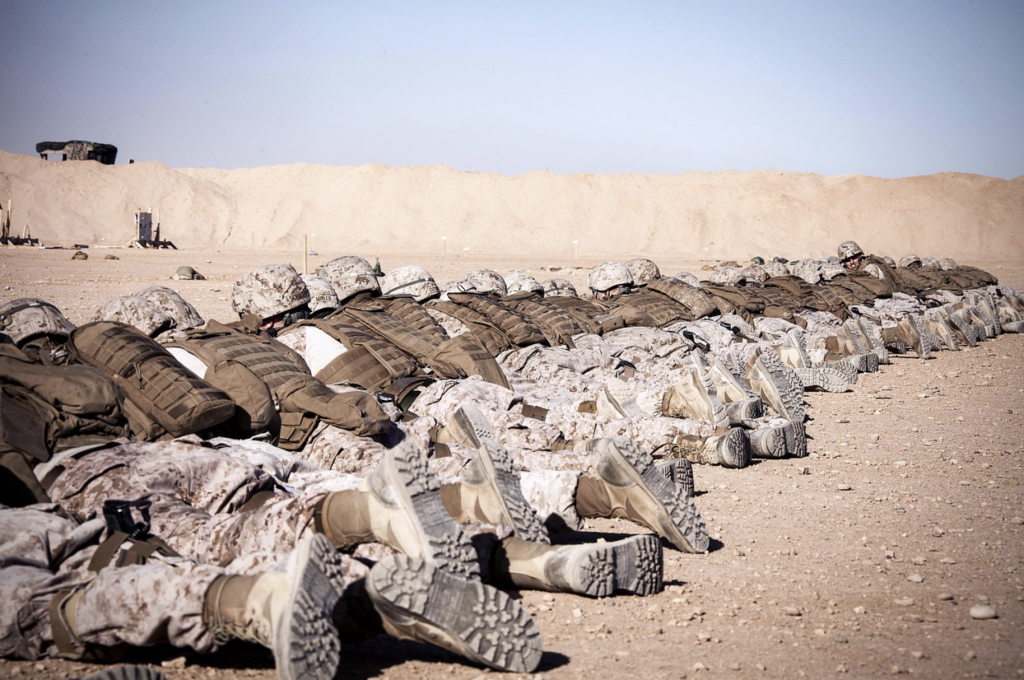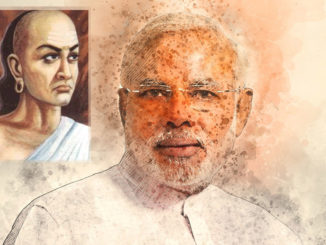
Analysts are visualizing the future of Afghanistan based on their experience; some are optimistic and other are prophesizing hard times ahead. Situation in Kabul must be analyzed while paying heed to domestic and external factors. Both factors were at play but, it seems, things have changed the course. Hitherto, external actors were predominant in shaping Afghanistan’s future with lesser role domestic actors but now the equation will be converse. At the moment in time Taliban’s adherence to undertakings and relations with domestic actors will be setting the tone of future of Afghanistan.
Regional complex theory and threat of terrorism. Opined by Barry Buzan, Regional complex theory can help us comprehend and, to some extent, anticipate the future as the obfuscation prevails. It basically advocates that to analyze the security situation, the level of analysis ought to be the region not the whole world as it is more likely that countries adjacent to each other have similar paranoias and aspirations. This is very much true in the de nos jours situation of Afghanistan where countries fear a surge in extremist activities.
US and its allies left Afghanistan after securing some assurances from Taliban and a major one was not to let Afghanistan become a breeding ground for terrorist organizations e.g., Al-Qaeda, ISKP and likes. Taliban spokesperson Sohail Shaheen reiterated the pledge saying its group will not allow any group to use Afghan soil against any other sovereign state. These pledges are yet to be substantiated by taking concrete measures. Taliban, however, has freed many TTP, Al Qaeda and ISKP operatives while freeing their comrades from jails.
It would be interesting to see how Taliban untie their knot from Al-Qaeda – to whom they owe much, as the Al-Qaeda gave epoch-making assistance to Taliban during resistance, and linked via intermarriages. Taliban and Al Qaeda have much in common argues Asfandyar Mir, a senior analyst. He notes Taliban leader Sirajuddin Haqqani had close ties Al Qaeda and helped them mount insurgencies in Middle East.
If one is to name the ultimate decider of the future of Afghanistan that would be the Taliban’s demeanor towards aspirant of global jihad – Al Qaeda. Though China had evinced to work with future regime in Kabul only after Taliban’s leadership assured them, they won’t allow groups like East Turkistan Islamic Movement (ETIM) to operate against China. Other countries have similar apprehensions as they fear a surge of anti-status quo groups.
Interestingly, Russian envoy to Afghanistan Zamir Kabulov has also insinuated Russia’s willingness to work with Taliban. However, he also stated Russia has been working closely with Taliban to curb the looming threat of ISIS. Secular regimes in central Asia also shares same fears and they didn’t allow outgoing president Ghani in an effort to not antagonize Taliban.
Afghanistan is in dire condition after decades of war and in desperate need for external help. With US gone, economic aid will also end or will reduce to insufficiency as many countries already announced that they won’t give aid if Afghanistan will be ruled by Sharia Law as Taliban aspire to rule. US has frozen around 9 billion USD of Afghan assets in an effort to pressurize Taliban by depriving them of cash.
Is an inclusive government, pertinent for peace, possible? Afghanistan is diverse country just as any other modern country where many ethnic and religious groups live side by side in their respective areas and they have their respective ethnic and religious leaders. No group exercise a sway over the whole Afghanistan thus cannot claim Afghanistan wholly and solely, if it wishes to form a government it has to take into the accounts of whims and wishes of all groups. Taliban, hailing mostly from Pashtun belt, needs to engage with the leaders of respective communities.
Presently, with the onslaught of Taliban, Afghan Army could not hold its ground and thus many militias too. These militia leaders or warlords, Marshal Dostum, Ata Noor and Ismail Khan, fled the country thus leaving behind a leadership vacuum in their communities which need to be urgently filled by alternative leaders in order to buttress the control of new government. A group of Afghan leaders has also visited Islamabad which included Younus Qanooni, Muhammad Mohaqiq, Kareem Khalili, Salahuddin Rabbani, Ahmad Zia Massoud, Abdul Latif Pedram, Khalid Noor and Mir Rehman Rehman.
These leaders had discussion with foreign minister and PM Khan where it was agreed that cultivation of an inclusive government is the right way to go. Tribal and religious affiliations run deep in Afghanistan and they are needed to be taken care of. These are well respected leaders in their respective areas if comprehensive power sharing agreement is reached it would be momentous and something Afghan can cheer.
Resistance Against Taliban: Is It a Reality or Illusion? In Panjshir, late Ahmad Shah Massoud’s son Ahmad Massoud has not bowed to the new rulers of Kabul instead preparing his militia as the situation remains muddy. The vehement ex-VP Amrullah Saleh is also believed to be in Panjshir and declared himself as a legitimate caretaker president though not confirmed. Ahmad Massoud has not supported him yet and shown interest to deal peacefully but his silence is meaningful perhaps a bargaining chip to secure a good deal with Taliban.
One thing which has intrigued many and has become a hot topic which is Taliban’s quick ascension to Kabul. It is believed this is outcome of some secretive deals which even keen eyes have failed to track. If this has happened it shows the peace is uneasy and fragile and Taliban needs to further their steps meticulously otherwise it could trigger a bitter infighting.
As far as the chances of Saleh’s resistance are concerned, they are slim as almost all regional players and domestic stakeholders are willing to engage with Taliban. Yet again Saleh’s resistance will depend on the demeanor of Taliban. If Taliban make ardent efforts to win the hearts and minds of Afghans with tangible actions besides their endeavors to take key domestic stakeholders into confidence, then chances of peace in Afghanistan are bright. Afghanistan is not the same as it was back in 1990’s now it has seen some drastic changes in past two decades. Those who grew up in last two decades definitely abhors Taliban albeit silently it must be the utmost aim of new government to commensurate with the aspirations of all segments of society. This is the only way forward which will satisfy the domestic stakeholder thus paving the way for regime’s international recognition and support.




Be the first to comment